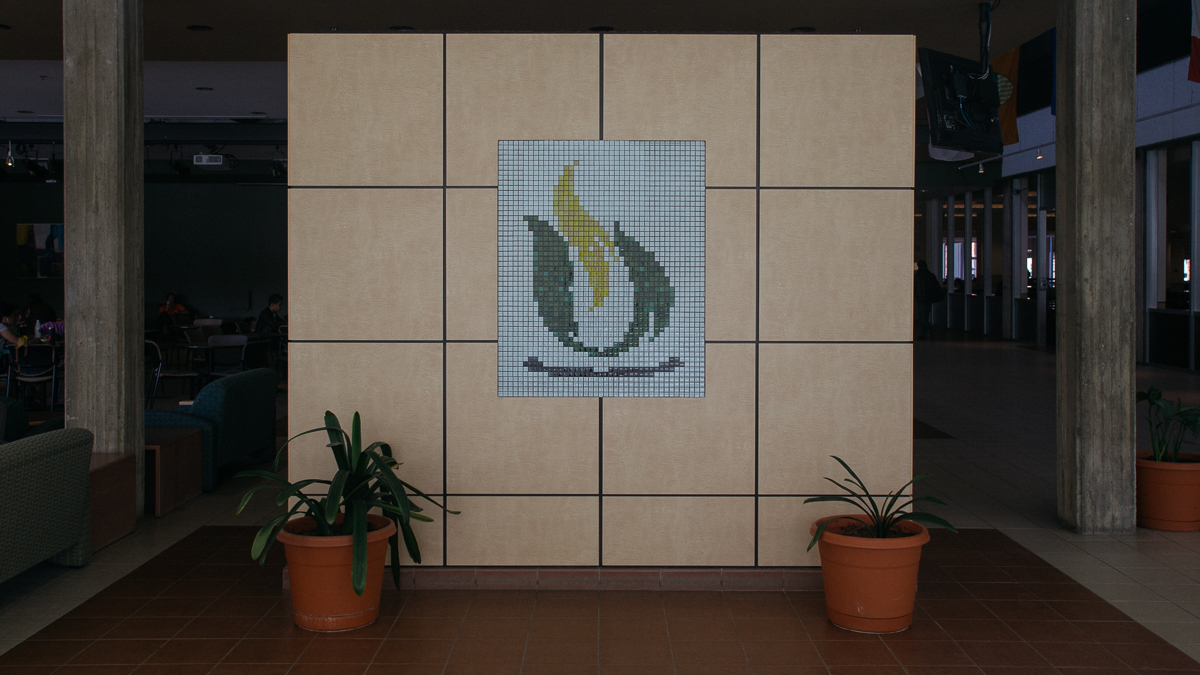 Rosty Soroka
Rosty SorokaThe engineering co-op program at the University of Alberta recruits students by promising “valuable, real-world experience through full-time employment in positions related to their field of study.” I have personally benefited from the co-op program because it has allowed me to work alongside talented professionals, expand my knowledge of various engineering fields, and develop many new skills. However, there is an intermediary between the students and the workplace that I and many of my fellow students find detrimental to the co-op experience, and that is the engineering co-op office.
Among many issues with the co-op office, one that has had a particularly negative effect on students is a regulation that disallows students in a co-op program to switch into a traditional engineering program. The Student Handbook states that only “under exceptional circumstances students may be permitted to transfer between the co-op program and the regular program.” To switch programs, students must drop out of engineering completely, and then reapply to the traditional program. In some cases, this process can take up to a year in which the students are not in school, significantly disrupting their education.
Undergraduate degrees should allow students to explore their interests and career options, and I believe it is unacceptable for students to be penalized to such an extent for changing their mind about their undergraduate degree. In other major universities across Canada, engineering students in co-op programs are able to switch into a traditional program with no consequence. For example, at the University of British Columbia (UBC), engineering co-op students are allowed to withdraw from the co-op program with no penalty or notation on their transcripts as long as the withdrawal/deviation request is received prior to the dates listed in the UBC Engineering Co-op Program Undergraduate Terms And Conditions. The success of these programs is not affected by allowing students to leave, therefore it should not be an unfathomable request for engineering co-op students at the University of Alberta to make.
Another major issue with the co-op office is that there is no framework or criteria regulating co-op job placements for which a student will be given credit. Acceptable placements, for the most part, are up to the discretion of the coordinators and associate dean. Other than some vague statements in the Student Handbook stating that the job must be “engineering and discipline related,” there are no clear rules governing what an adequate placement is. For example, this past fall the co-op office posted a placement for work in a bank, and students in the past have worked as business analysts. If you are scratching your head, I too struggled to connect how these placements are engineering-related.
If the entire co-op system relies on the discretion of a single individual, like a coordinator or associate dean, to decide what job is “engineering and discipline related” then the system lacks consistency. It is necessary to have a framework that clearly defines and leaves no ambiguity as to what an engineering-related job entails, so that engineering students are not left wondering why a seemingly-obvious engineering job was not accepted over a business analyst position. Which coordinator a student meets with should not be the determining factor of whether their job is accepted. This should be the role of a clear framework.
A more troubling attitude exuded by the co-op office, is its archaic view towards the modern-day engineering profession. It is no secret that engineering has historically struggled with diversity and inclusivity, and still has a long way to go. It is imperative for us as engineering students to expand our understanding of socio-technological impacts in order to become more impactful professionals that meet the demands of modern society. However, without the support of the co-op office, it becomes very difficult to do so. Co-op offices across the country are using their unique positions as intermediaries between students and the workplace to support students during their work terms by defining harassment and providing resources to students who are experiencing harassment. The University of Regina offers both of these. So do Memorial University and several others. The University of Waterloo not only cites the Ontario Human Rights Code stating that “every person who is an employee has the right to be free from harassment in the workplace” and provides steps for students to follow if they have experienced harassment, but it also identifies specific co-op harassment advisors for students to contact.
The same cannot be said for the University of Alberta’s engineering co-op office. Nowhere does the Student Handbook define what workplace harassment and discrimination are, state that they violate students’ human rights, or inform students of measures to take if they believe they are experiencing harassment or discrimination. With exceptional resources on campus such as the Sexual Assault Centre, the absence of support to students during their work terms while they face harassment and discrimination is inexcusable.
The engineering co-op office is out-of-touch with the diverse needs of their students and its obviously dated outlook on the engineering profession and the workplace is slowing their much-needed growth. I urge the co-op office to re-examine its critical role in the necessary progress of the engineering profession. At its core, the co-op program is an excellent way of providing students with the opportunity to apply their knowledge and learn from experienced engineers, but a change needs to occur to make the co-op experience positive and meaningful for all students.




